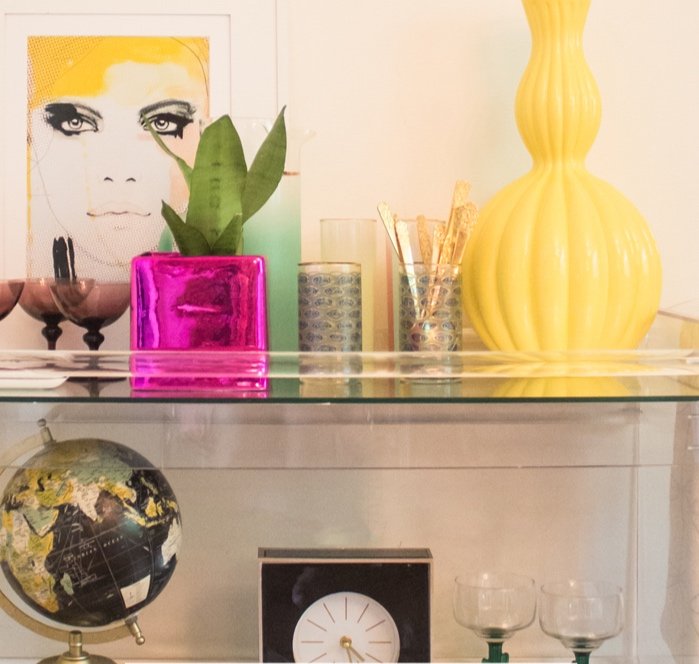Welcome to the
Trulery Blog
Here, we delve into the fascinating intersection of fashion, design, and psychology. Our diverse blog posts explore everything from the impact of psychology on trends, design choices, and modern styling tips. In our psychology and lifestyle section, we address important topics like self-esteem, gratitude, and overall well-being. Discover tips for curating a wardrobe that reflects your individuality, transforming your home into a stylish space that feels like you, and embracing design as a form of self-care.
Join us on this journey to inspire your creativity, elevate your style, and enrich your life!


